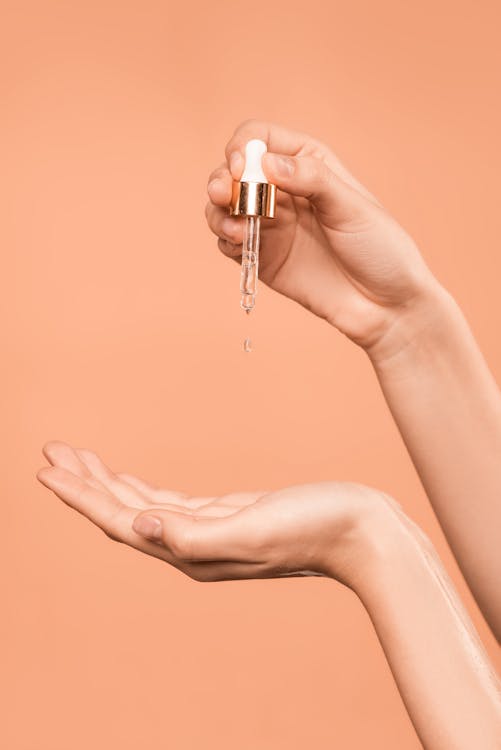 |
| Image Credit |
The facial oil market has boomed in recent years as people have begun to realize the magical properties that oils can bring to their skincare routines. Whereas once people would cringe at the thought of adding oil to their faces, now they flock to the nearest beauty store to grab their favorites. So here’s a quick guide to facial oils, what they are, how they can help your skin, and some of the ones you may want to try.
What are facial oils?
Virtually any oil that you use on your face can be called a facial oil and facial oils aren’t actually anything new, it’s just that now they are packaged in their own little bottles rather than being hidden in our moisturizer creams.
What are the benefits of using facial oil?
Facial oils are excellent multi-functional beauty products and provide a number of different benefits.
- They moisturize
Facial oils create a barrier between the skin and the elements, helping the skin to lock in moisture. The oil themselves don’t actually provide the moisture, so you’ll need to use a serum or moisturizer beforehand for maximum hydration.
- They help to prevent wrinkles
Many facial oils, such as rosehip oil, are packed with antioxidants, which can help to reduce signs of aging by fighting free radicals and sun damage.
- They cleanse the skin
And finally, facial oils are also great at removing even waterproof makeup. Simply massage into your face and then wipe clean with a cloth or cotton pad.
Won’t facial oils clog your pores?
For many years the beauty world had us believing that all oil was bad for our skin and would cause blocked pores, breakout, and blackheads. In reality, this wasn’t true, and we now know it to be one of the most common skin care myths. It’s important to realize that not all facial oils are created equal, and neither are all skin types. What may moisturize and cleanse one person’s face, could be too heavy for another’s, leading to a build-up of oil and a breakout. Argan, jojoba, and sunflowers oils are lightweight and generally fine for all skin types, whereas coconut oil, which is very comedogenic, can be too much for naturally oily skin. If you are unsure which facial oil will be right for your skin type, then it’s always best speaking with a dermatologist or a skincare representative who can give you some more guidance.
Are there any oils that you should avoid?
Yes, not all oils are suitable for use on your face and could irritate the skin due to their fragrance compounds. Especially for people with very sensitive skin, some of the oils that you may want to avoid using at a high concentration include rose, lavender, essential oils, and eucalyptus oils, though these are often ok in more diluted concentrations when used with other oils. Some other oils to avoid include common cooking oils as these have little benefit for your skin.
Facial oils you may want to try
Jojoba Oil
Jojoba is a great oil for all skin types, even oily skin, as it is very lightweight and breathable and can actually help to break down and dissolve sebum to control shine.
Almond Oil
For dry and sensitive skin, almond oil is gentle and hydrating and is also high in vitamin A which makes it great for fighting spots and reducing the appearance of fine lines and wrinkles.
Rosehip Oil
For irritated and angry skin, rosehip oil contains fatty acids that help to reduce redness and fade acne scars. Packed with antioxidants, rosehip oil is also great for reducing signs of aging and can help to minimize the look of fine lines and wrinkles.
Argan Oil
Soothing and quick to sink into the skin, argan oil is an everyday favorite. Packed with vitamin E, an antioxidant, using argan oil on your skin in the morning can help to prevent skin damage by blocking environmental factors.
Moringa Oil
Full of fatty acids to repair damaged skin and anti-inflammatories to calm irritation, moringa is another everyday favorite that can easily be layered underneath makeup.
Where to buy facial oils
Ready to try a facial oil for yourself? You’ll find facial oils sold by most major skincare brands, but they can also be picked up from health food stores such as WholeFoods. Just be careful to read the label to make sure that you’re getting the real deal and not a synthetic rip off and if you’re buying online then pay extra close attention to product reviews.
Thanks for reading!







No comments:
Post a Comment